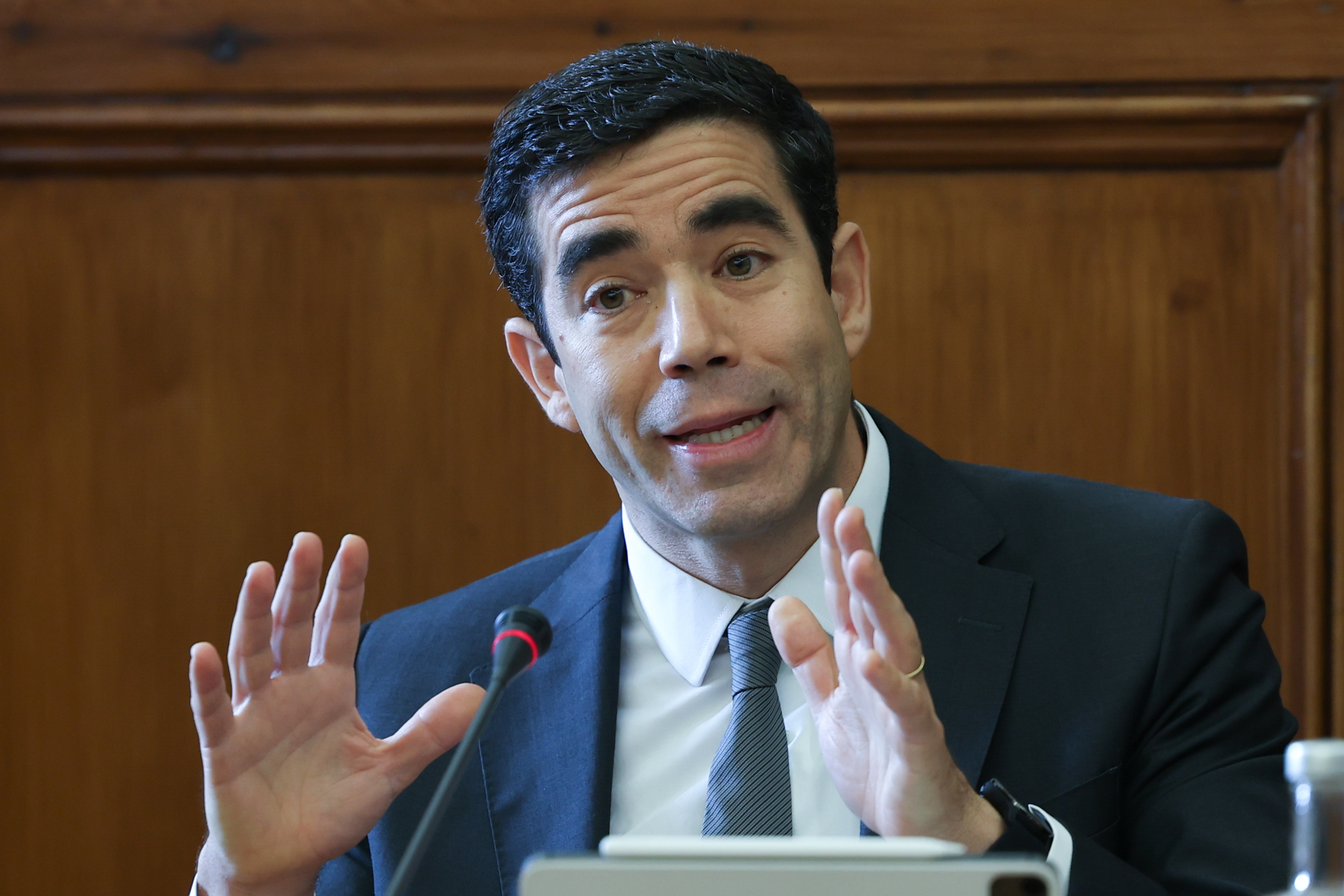Government Boosts Youth Housing Guarantee by €350 Million and Signals Major Financial Reforms
The Portuguese government has announced a significant reinforcement of its public guarantee scheme to support young homebuyers and is advancing a wide-ranging agenda of financial and regulatory reforms aimed at bolstering the economy. Speaking at the Money Summit in Lisbon on Tuesday, Secretary of State for the Treasury and Finance, João Silva Lopes, confirmed that the state guarantee for individuals up to 35 years old purchasing a permanent residence will be increased by €350 million. This measure has already proven highly impactful, representing 40% of new housing credit contracts for this demographic.
The Secretary of State emphasized the government's commitment to creating a “virtuous balance between regulation, competitiveness, and sustainability” within the financial sector. He noted the importance of strong, resilient financial institutions as an “accelerating engine” for long-term economic growth, referencing the positive performance of Portuguese banks in recent European stress tests. The government's strategy includes strengthening the independence of financial regulators to simplify rules and enhance risk-based supervision. This approach is intended to create a stable foundation for the market, a topic of interest for those following regulatory and legal frameworks.
A central part of the reform package involves adapting national laws to European Union directives. Silva Lopes highlighted the forthcoming transposition of the MiCA Regulation for crypto-assets, new rules for the management of non-performing loans, and the Corporate Sustainability Reporting Directive (CSRD). He also announced that the government is preparing to expand the supervisory scope of the CMVM (Portuguese Securities Market Commission) to a wider range of companies, a move intended to increase transparency. For homebuyers, particularly first-time buyers, understanding the financial landscape is crucial, and specialized support can be found through agents for first-time buyers.
In a move to stimulate capital markets, the government is also implementing changes to the Personal Income Tax (IRS) Code, the Stamp Duty Code, and the Statute of Tax Benefits. These fiscal adjustments are designed to make investment more attractive. Additionally, the Secretary of State pointed to the successful digitalization of Portugal's Savings Certificates (Certificados de Aforro) as an example of the government's efforts to modernize financial services and improve accessibility for citizens.
Need Expert Guidance?
Get personalized insights from verified real estate professionals, lawyers, architects, and more.
The policy announcements also addressed the broader European challenge of retaining high-growth technology companies. Citing the Draghi Report, Silva Lopes noted the significant financing gap for 'scale-ups' in Europe compared to the United States. To counter this, the government plans to strengthen the role and capabilities of the Banco Português de Fomento (Portuguese Development Bank) to ensure promising national companies can secure funding and remain headquartered in Portugal.
João Silva Lopes concluded his address on an optimistic note, stating that Portugal has achieved balanced public accounts, reduced public debt, and secured improved international credit ratings. “You can count on a vision of the State that stimulates productivity and competitiveness,” he declared, framing the reforms as essential steps toward enabling higher salaries and building a prosperous future for all, especially the younger generation. The financial aspects of purchasing property in this evolving market are a key consideration, with more information available on financial concerns for buyers.
Understand policy impacts on your Portugal property plans at realestate-lisbon.com.






